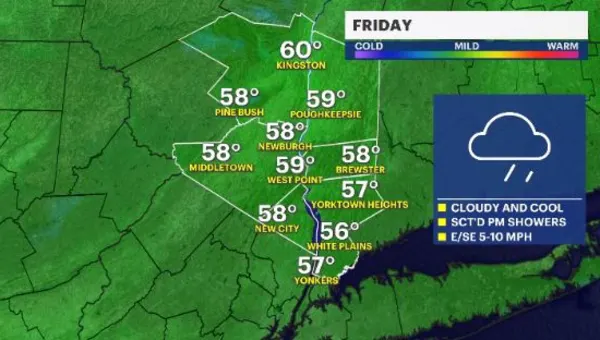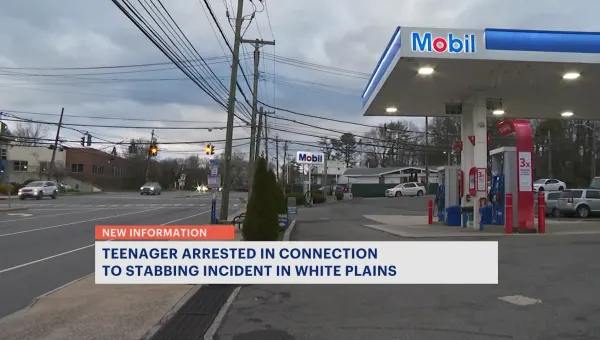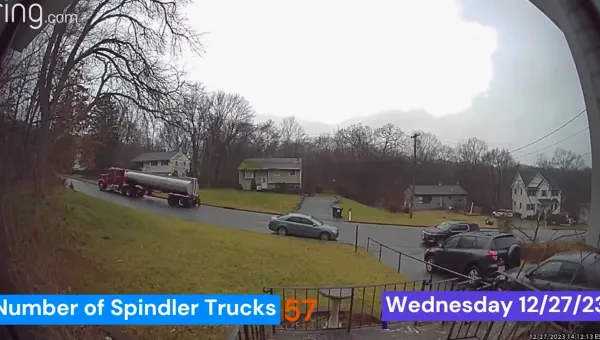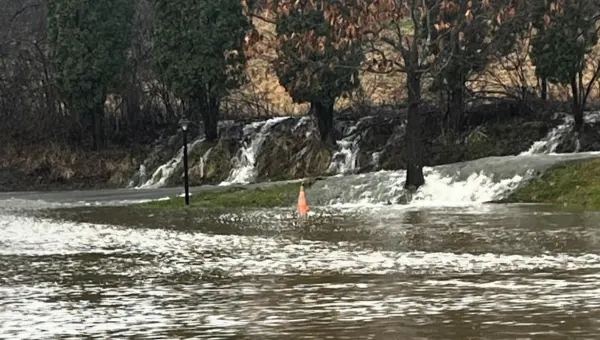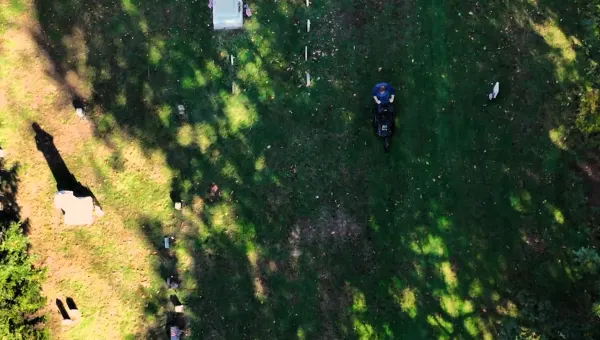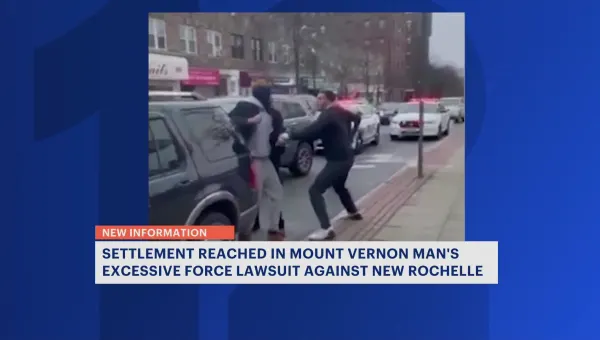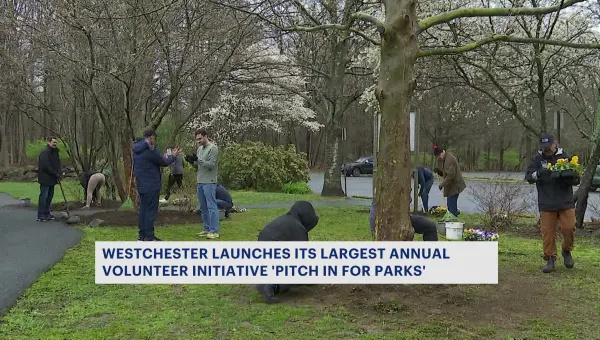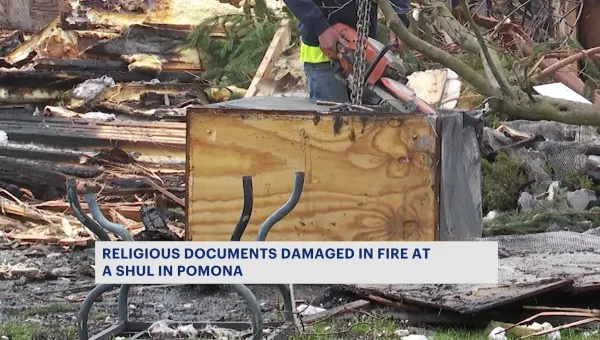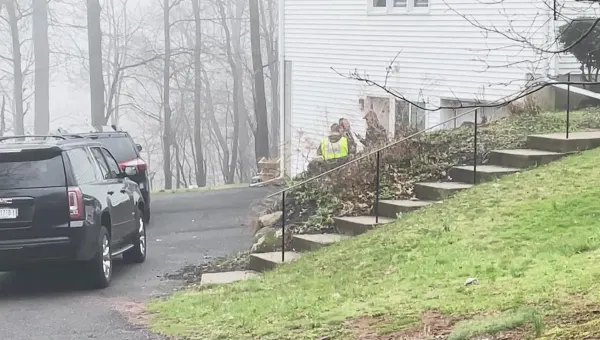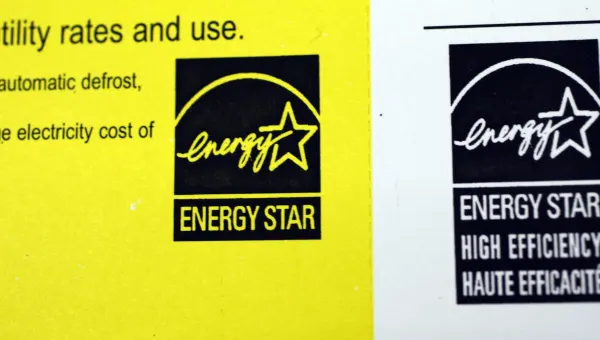Could a mini ice-age soon impact Earth?
Some experts believe that a prolonged cool period is in store for our planet over the next half-century.
News 12 Staff
•
Feb 12, 2020, 6:18 PM
•
Updated 1,527 days ago
Share:
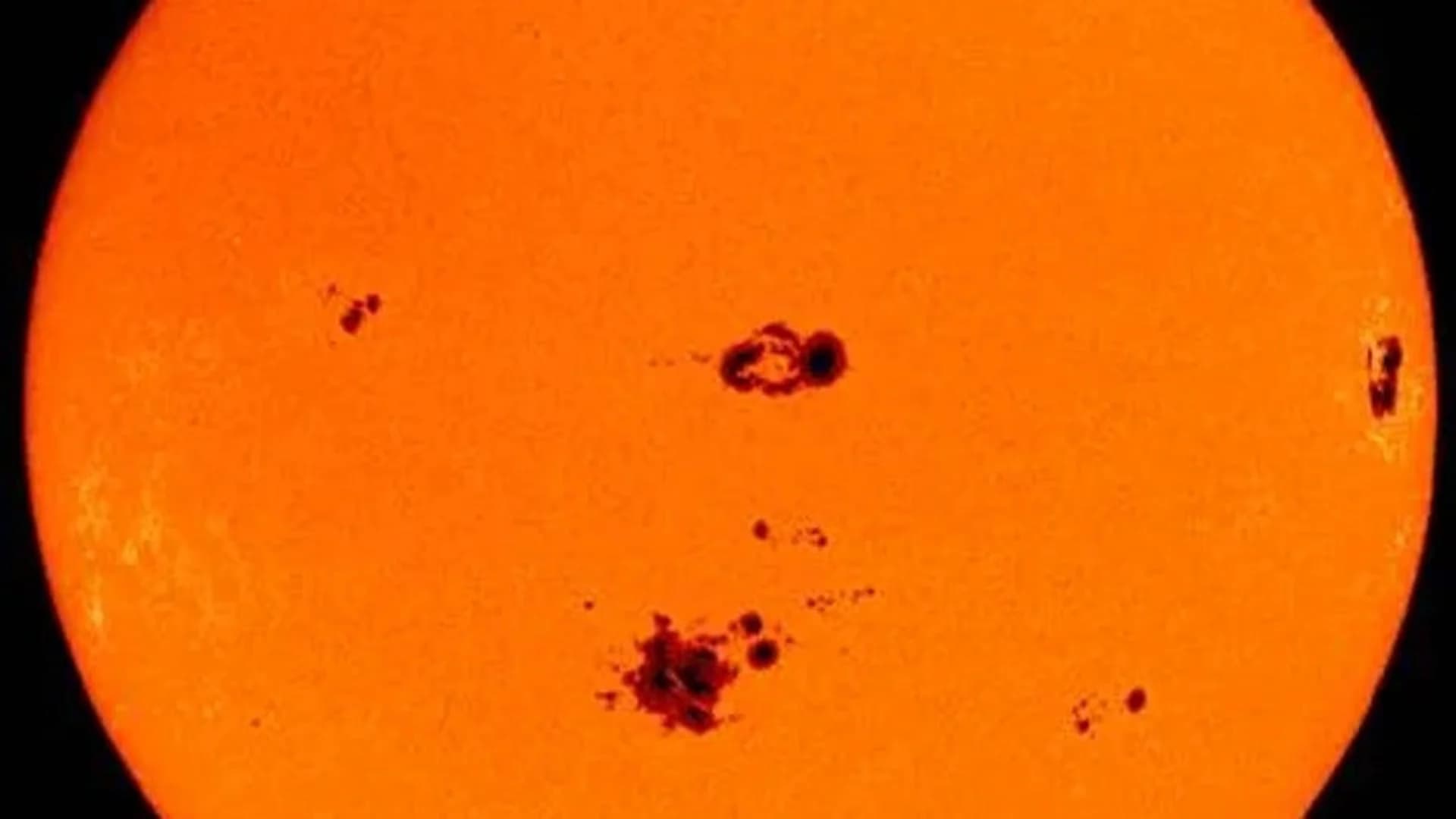
We hear a lot about our changing climate these days (and rightfully so) with the globe experiencing warming trends. But could our planet in fact be in store for a cooldown over the next century?
That's what some experts are saying, but not because of anything pertaining to the earth itself. Rather, it would be to a solar event happening over 90 million miles away.
You've probably heard of sunspots: darker, cooler areas on the surface of the sun. Their activity follows a fairly regular cycle over about 11 years. The increases and decreases of sunspots create solar maximums and minimums, respectively. Dating back to 1749, we have experienced 23 full solar cycles and are now approaching the end of the 24th cycle. This will subsequently signal the beginning of the 25th cycle.
Dating back even further, the sun went through a period of near zero sunspot activity from 1645 to 1715 - something known as a "grand solar minimum," which occurs about every 400 years. According to NASA, temperatures during this period plunged across much of the Northern Hemisphere.
By all indications, we could be entering the next GSM in 2020, and it could last all the way through 2070. The lack of incoming solar radiation during the next 50 years could lead to a cooler period for the planet.
You may be asking yourself "If a sunspot is a cooler region on the sun, why would a lack of them cause less solar radiation?" The formation of sunspots is an indication that the sun is more active. Even with the increased cooler spots, the sun is emitting more solar energy. When little or no sunspots are present, it means that the sun is in a 'dormant' period, and thus emits less energy.
So how much does the solar output affect Earth's climate? While there is much debate within the scientific community regarding this matter, research does support climate sensitivity to very weak changes in the sun's energy output.
Professor Valentina Zharkova of Northumbria University's math, physics and electrical engineering department warns that this event could cause global temperatures to drop by 1°C, which is the equivalent of 1.8°F.
“The sun is approaching a hibernation period. Less sunspots will be formed on the solar surface and thus less energy and radiation will be emitted towards the planets and the Earth. The reduction in temperature will result in wet and cold summers, cold and wet winters.”
While a degree or so may not sound like a big drop, consider that during the “Little Ice Age” of the 16-1700s (also referred to as the Maunder Minimum), temperatures in the Northern Hemisphere were reportedly 1.3°C lower than normal, which led to shorter warm seasons and ultimately agricultural ramifications. Fruits and vegetables didn't have enough time for harvesting, which causing widespread food shortages.
But other experts are not so sure that a grand solar minimum would do much to cool us off in today's day and age. According to SkepticalScience.com, a grand solar minimum would "barely make a dent" in a planet afflicted with human-caused warming. The authors there found that the average global surface temperature would be diminished by no more than 0.3°C due to the lower solar activity, which would offset only a small fraction of human-caused global warming.
Others critical of a cooling effect from the sun refer back to the Maunder Minimum. Scientists say that this time period also coincided with a prolonged episode of volcanic activity. Large volcanic eruptions spew ash into the atmosphere, which can greatly hinder incoming solar radiation.
Aside from a cooling effect, another product of solar minimums is an increase in solar storms. During these periods, the sun experiences the development of long-lived coronal holes - vast regions in the sun’s atmosphere where the sun’s magnetic field opens up and allows streams of solar particles to escape the sun as solar wind. While these holes can happen anytime throughout the solar cycle, they can last for a long time during solar minimums - six months or more! These solar winds can cause space weather effects near Earth when they hit the planet's magnetic field and cause geomagnetic storms, leading to disruptions in communications and navigation systems.

